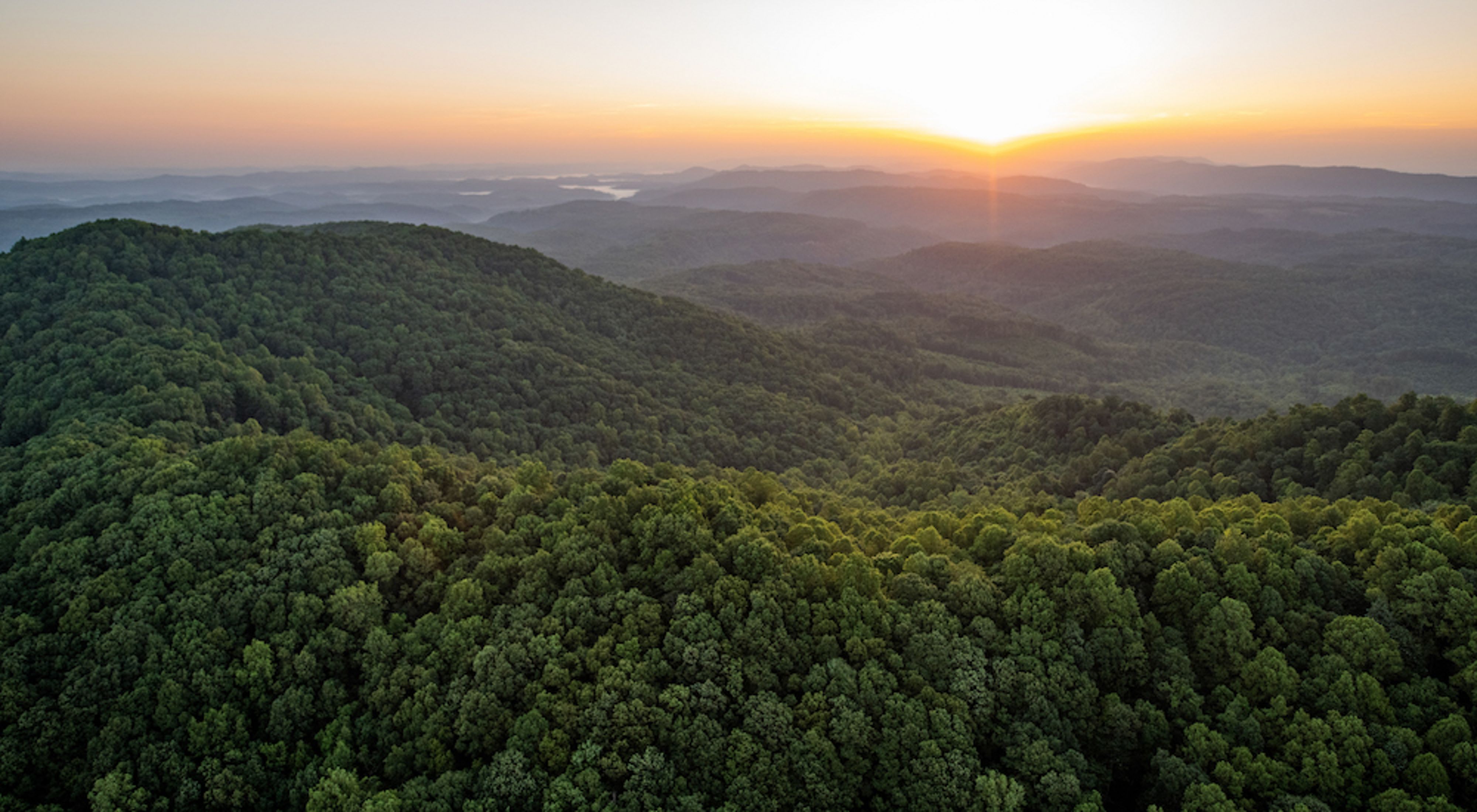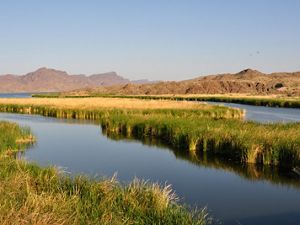Forest Service Charts New Path for Reforestation
10-year strategy focuses on building forests’ climate resilience
Media Contacts
-
Randy Edwards
Phone: 703-407-9316
Email: redwards@TNC.ORG
The U.S. Forest Service today outlined its new strategy for regrowing and managing America’s forests to be more resilient to threats like climate change, wildfires and drought.
The National Reforestation Strategy, which builds on the 10-year wildfire strategy rolled out by the agency earlier this year, will focus on building a science-based framework to increase the pace and scale of reforestation to address existing needs, anticipate future events, and meet the provisions of the recently passed REPLANT Act (Public Law 117–58).
The following is a statement by Alix Murdoch, senior policy advisor for natural climate solutions at The Nature Conservancy:
Quote: Alix Murdoch
To break this cycle, we must restore and manage our forests for climate resilience. We applaud the Forest Service for launching its National Reforestation Strategy.
“America’s national forests are stressed like never before. Our changing climate is driving record-breaking droughts that set the stage for catastrophic wildfires. To break this cycle, we must restore and manage our forests for climate resilience.
“We applaud the Forest Service for launching its National Reforestation Strategy. This effort promises to build reforestation into the restoration and management of forests in ways that create long-term resilience and ensure they continue to provide us with valuable benefits like improved water quality, healthy ecosystems and natural climate solutions.
“This strategy, combined with the agency’s 10-year wildfire strategy and the recently enacted REPLANT Act, are the steps we must take to ensure the enduring resilience of our nation’s forests. We look forward to working with the agency to advance this policy.”
The Nature Conservancy is a global conservation organization dedicated to conserving the lands and waters on which all life depends. Guided by science, we create innovative, on-the-ground solutions to our world’s toughest challenges so that nature and people can thrive together. We are tackling climate change, conserving lands, waters and oceans at an unprecedented scale, providing food and water sustainably and helping make cities more sustainable. Working in more than 70 countries and territories, we use a collaborative approach that engages local communities, governments, the private sector, and other partners. To learn more, visit nature.org or follow @nature_press on Twitter.


